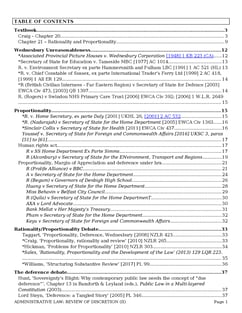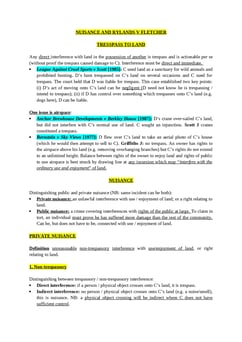Cocks v Thanet DC [1983] 2 AC 286
Judgement for the case Cocks v Thanet DC
Table Of Contents
Plaintiff, without using JR, sued Defendant for failing in its statutory duty to provide him with housing.
HL found for Defendant, saying that as a general rule it would be contrary to public policy and an abuse of process to allow a person to proceed by way of an ordinary action in order to establish that a public authority's decision had infringed rights entitled to protection under public law.
The general rule applied in circumstances where a plaintiff was obliged to impugn a public authority's determination as a condition precedent to enforcing a statutory private law right, as here, and so Plaintiff ought not proceed by way of private action.
Lord Bridge
The general rule, as set out by Diplock (see above), should apply to cases about whether the PA ought to confer a benefit as much as cases about whether it should deprive someone of a pre-existing benefit.
This is because the protection offered by the ordinance/SCA is important here two - namely:
The need to obtain leave to apply on the basis of sworn evidence which makes frank disclosure of all relevant facts known to the applicant;
the court's discretionary control of both discovery and cross-examination; the capacity of the court to act with the utmost speed when necessary;
and the avoidance of the temptation for the court to substitute its own decision of fact for that of the housing authority.
For Further Study on Cocks v Thanet DC

Administrative Law notes fully updated for recent exams at Oxford an...
Need instant answers? Our AI exam tutor is here to help.
Ask questions 🙋 Get answers 📔 It's simple 👁️👄👁️
Our AI is educated by the highest scoring students across all subjects and schools. Join hundreds of your peers today.
Get StartedSimilar Cases
Related Product Samples
These product samples contain the same concepts we cover in this case.
| Administrative Law | Jr Procedure Notes (58 pages) |
| Tort Law | Jr Procedure Notes (58 pages) |
| Administrative Law | Procedural Exclusivity Notes (18 pages) |
| Administrative Law | Standing Notes (43 pages) |

